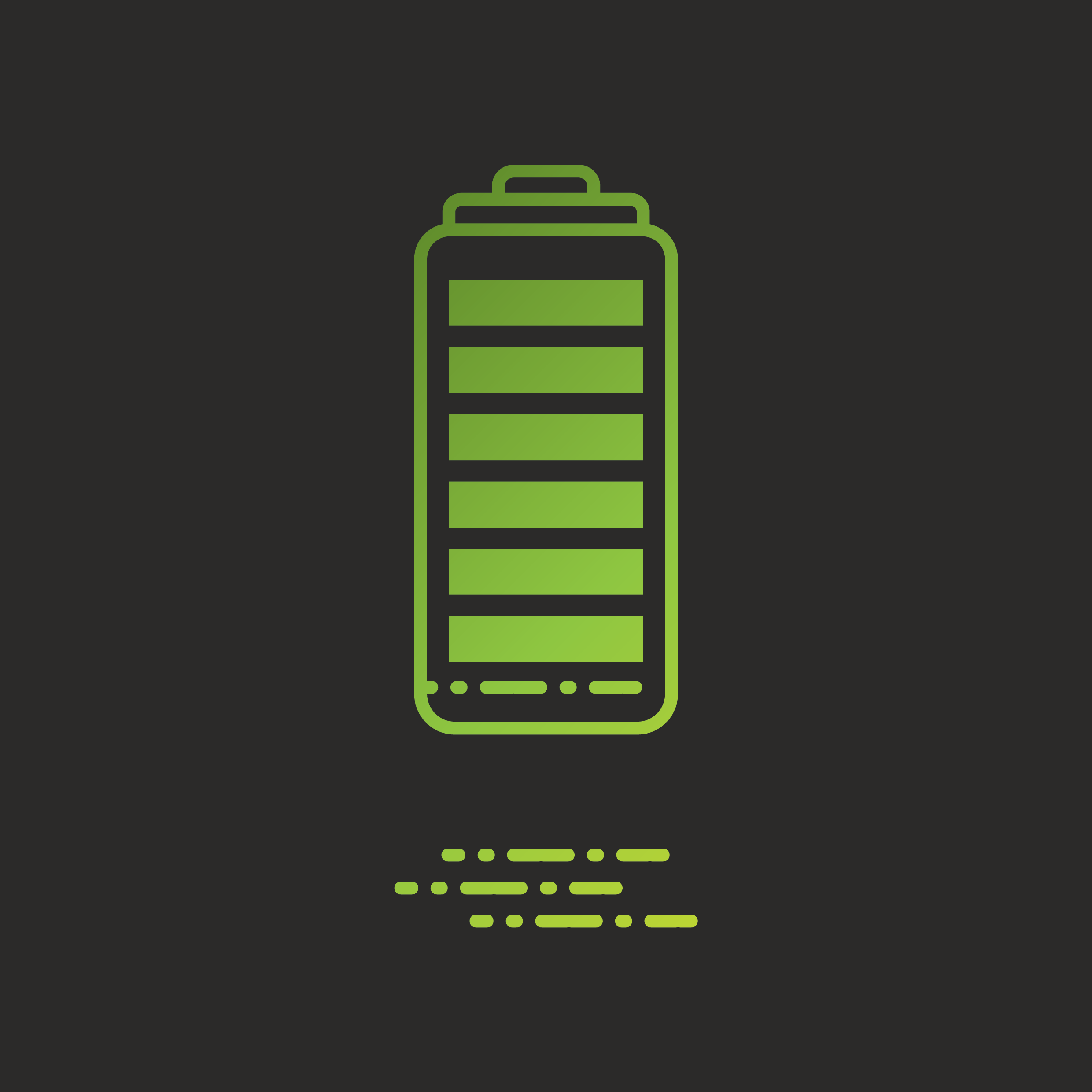How To Care For Your Leaf Blower Batteries


Leaf Blower Battery Care
Most top-tier leaf vacuum batteries are made from a Lithium-ion compound. As with anything on this Earth, they will eventually wear out. It’s not a physical thing so much as chemistry – but in the end you have a battery that can’t hold a charge. Here’s some steps you can take to avoid damaging your investment:
1 – Avoid The Heat
Don’t keep Li-ion batteries stored in hot conditions. It’s the quickest way to reduce their useful life and have you headed back to the store for a replacement. On top of this, don’t charge the batteries while they are hot. The US Department of Energy’s Office of Energy Efficiency and Renewable Energy (EERE) recommends keeping temperatures between 15 and 90 degrees for longer life.
This is tricky because the batteries do get hot when you use them.
Manufacturers try to protect us from ourselves by putting a limiter on the battery charger. If it detects the battery is hot, most modern chargers won’t flow electricity to charge. You can help out by waiting for your battery to get back to room temperature before plugging it into the charger. It also means having two or three batteries on-call so you can complete your yard work mission in one fell swoop.
2 – Don’t Discharge Leaf Blower Batteries All The Way
Li-Ion batteries aren’t meant to go all the way to zero charge. A study at batteryuniversity.com indicated that continually draining a lithium battery to zero will cut the lifetime number of discharge cycles by 3/5ths vs only taking it down to 60% drained. Leaving 20% in the battery gives 50% more lifetime charges than one drained to empty.
Once again, leaf vacuum manufacturers know this is an issue, and build in some safeguards. Your battery won’t go to absolute zero charge if it’s working correctly – most are designed to keep 10-20% reserve. However, it’s just physics that the less “deep” you drain your battery, the longer it will continue to be able to be charged. So if you have multiple batteries, why not look to swap them out when you still have a bar left on your meter? Your battery will thank you.
3 – Your Batteries For Leaf Blowers Only Need A Partial Charge For Winter Storage
If you aren’t going to use your batteries for a long time, you should partially charge them before putting them in storage. Experts recommend a 40% charged state as an ideal tradeoff. One needs enough charge to be able to stand losing some power over time, yet not too much that temperature swings might damage the energy storage potential of the battery.
If you charge them to 100%, you need to be careful the storage area doesn’t leave the ideal 15-90 degree range. 50-60 degrees is perfect.
4 – Moisture Kills Blower Batteries
Just like most batteries, lithium-ion ones don’t do well with water. If you’ve ever seen an experiment where someone puts pure lithium in water, you’ll never forget this rule. Watch this video and you’ll see what I mean (it gets good near the 50 second mark):
Lithium is very reactive with water, so even moisture can drain the life of your pack. If your basement is dry, it should be a great place to store your batteries long term. If it’s moist, look elsewhere.
So, in short – don’t overcharge, undercharge, overheat or wet your leaf blower batteries to maximize their useful life. A combination of two or more is REALLY bad. If you avoid these mistakes, you should be able to use them beyond the “expiration date” on many products. Manfucturers expect consumers not to follow these rules, so they built in some safety zone when estimating how long a battery will last.


I am recently widowed and finding myself very uninformed with everything in my life except cooking, cleaning and laundry.
I am questioning how to store the leaf blower lithium batter in the winter, i.e. in an unheated garage? Also, do I keep the battery plugged in to the blower or store it separately? (I have lost the manual)
Thx,
I LIVE IN A MAN’S WORLD, Sue